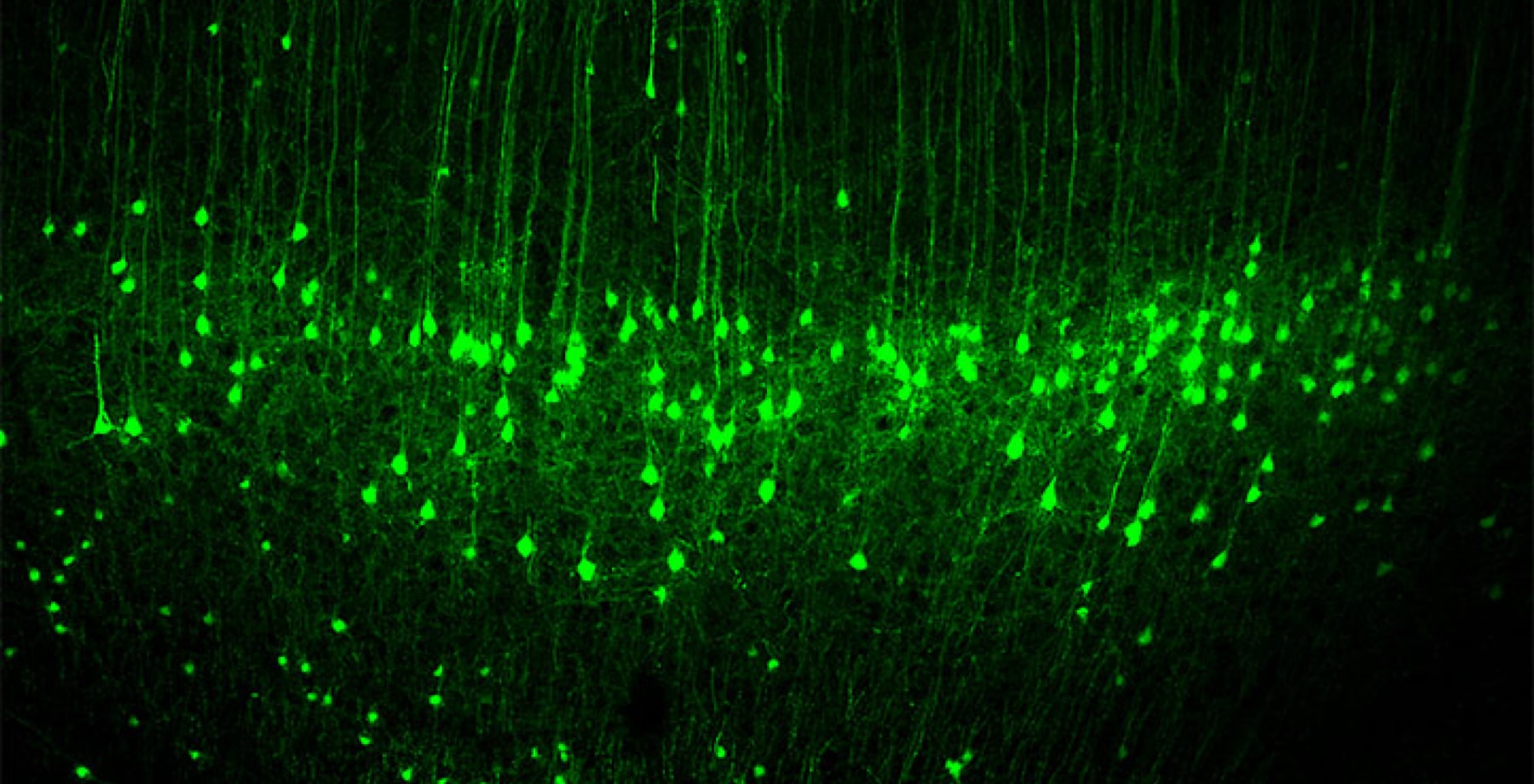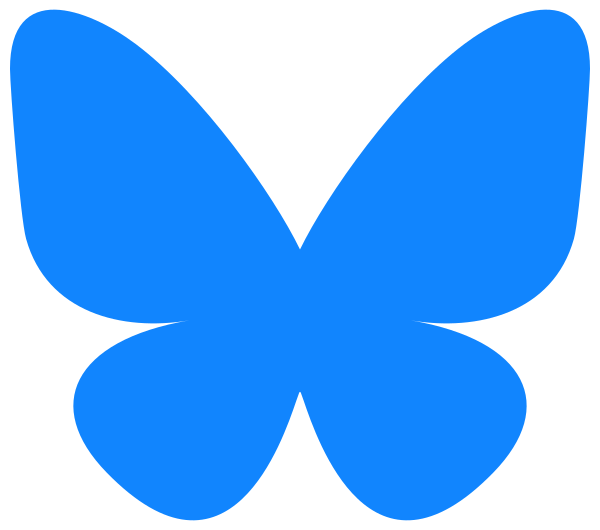What a year it has been! Between international conferences, intense experiments, new faces, and heartfelt goodbyes, we’ve shared science, discussions, laughter, and perseverance. Outreach events, 1-on-1s, hackathons, and grant phases shaped our days just as much as exciting datasets, new setups, and successful applications. Despite all the change, our team has continued to grow—both scientifically and personally. We’re proud of every single contribution and grateful for this unique team spirit.
Merry Christmas and here’s to a new year full of curiosity, ideas, and great science—the best lab ever! 🎄🧠





